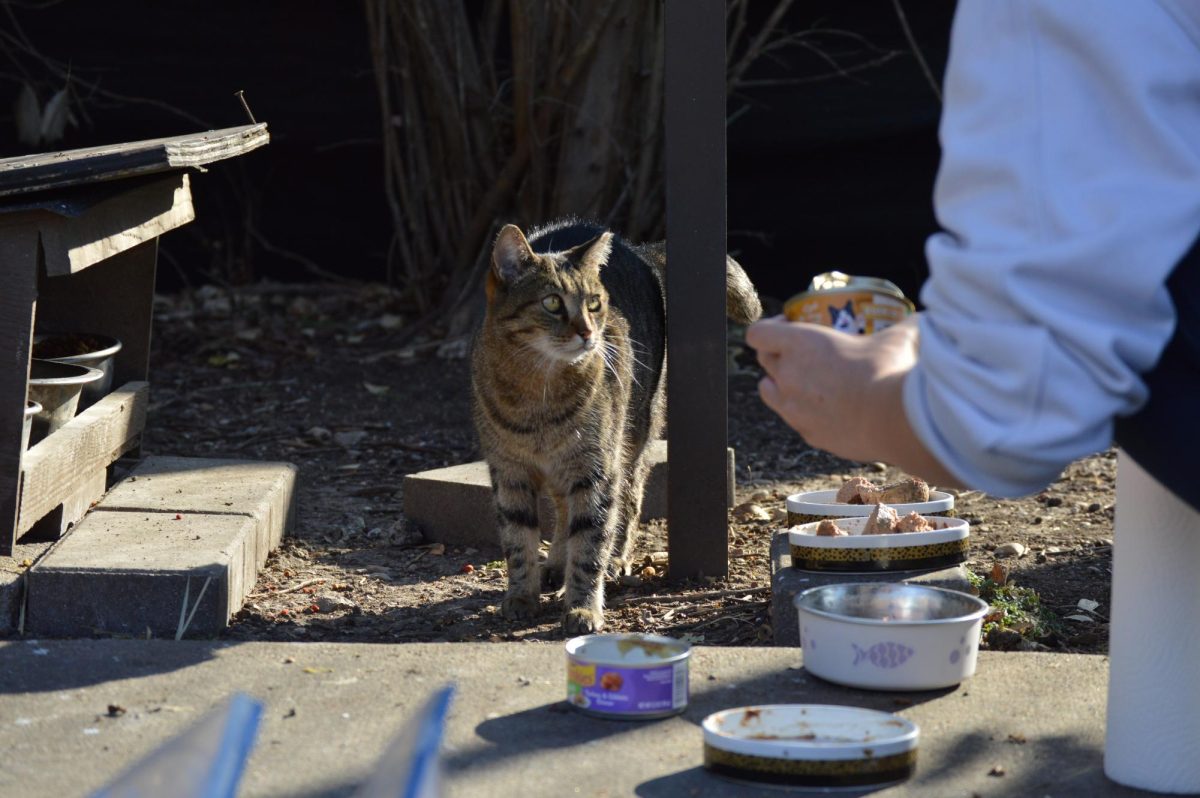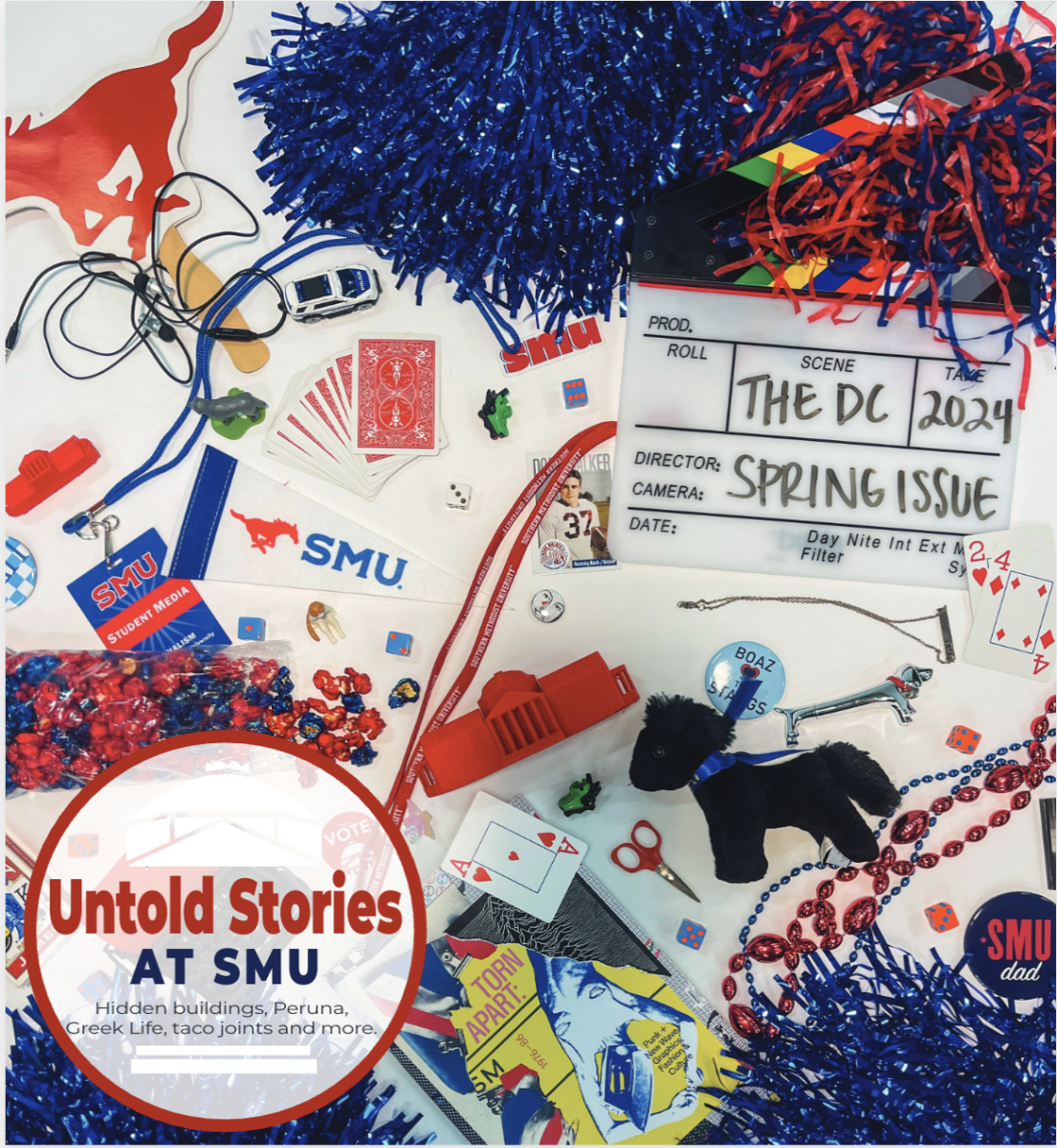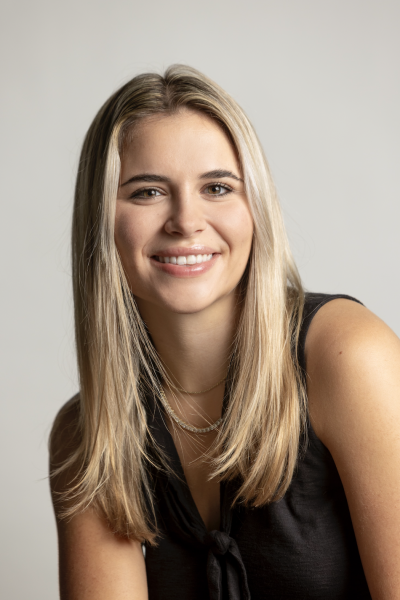The Senate chamber buzzed in tense anticipation Tuesday as students from the Association of Black Students and the African Student Association recommended improving Senate policies surrounding vacant seats.
Kennedy Honors, Aguer Atem and Suvwe Kokoricha spoke to the chamber about the African American Senator vacancy seat. All three recently ran for the position.
The speaker’s podium occurred as a response to Jazmon Howard, a first-year graduate student new to SMU, winning the vacant seat.
Howard, a Black woman, sat in the chamber as the speakers expressed concern that they would have liked the seat go to someone who has experience in the SMU Black community.
“While we do not believe it is the fault of Jazmon Howard for being selected for this position, we believe that the African American Senator should be someone who has lived the experience of being Black at SMU,” Honors said, pointing to Howard’s new arrival to campus.
Vacancy seats can occur when a senator either resigns from their position or assumes a new position. This year’s African American Senator seat became vacant when then-Senator Faith Bombito won the Vice President seat last spring.
The speakers offered two main recommendations to Senate:
-a checkpoint process partnership with Senate and ABS that would allow for ABS to evaluate candidates’ involvement in the Black community on campus prior to them being interviewed by Senate
-ensuring a Black student is a part of the Senate interview process. They suggested having the president of the Black Unity Forum assume this position.
Several senators commented on the implications these changes would have if implemented.
“The African American Senator seat is for the African American community to vote on. It’s not the ABS seat; it’s not the ASA seat,” said Lyle Senator Jonathan Thomas. “I don’t see it as a good thing for any organization to have an undue influence on any senator.”
Concerns also arose about how to make the process equitable for all special interest seats. If Senate were to implement these changes for the African American Senator seat, they might have to for several other positions, multiple senators concluded.
The speakers also requested increased transparency in the process moving forward, commenting that the entire Membership Committee was not present for the interviews and that an unprecedented rubric was used to score candidates.
This year’s Membership Committee was not fully formed yet during the interviews for the African American Senator seat, Membership Chair Jude Lugo told the DC. Because of this, the only people permitted by the bylaws to be involved in the interview process were the exec team and the Membership Chair.
All of these members were invited to be in every interview, but because of scheduling conflicts, some could not attend certain interviews, Lugo clarified.
In the future, Lugo wants to delay filling vacant seats to have a fully formed committee present in interviews. He also wants to broaden the Membership Committee to ensure there is a larger and more diverse group interviewing candidates, he said.
President Alex Alarcón explained the scoring rubric was intended to make the interview process more equitable, not less.
The scoring rubric used in the interviews was unprecedented because the election code is extremely vague, Alarcón said.
“It was a lot more arbitrary before actually. The [membership chair] is very open to having that amended and a very diverse group of people having input,” he said.
Before the scoring rubric was used, membership chairs were essentially allowed to choose whoever they deemed the best fit for the position, Alarcón said.
“I do think it’s a good route to take so that we can have an objective standard for everybody,” he added.
Senate is open to making changes to the vacancy seat process, Lugo said. They will evaluate the speakers’ suggestions and find a path forward, he added.
Dedman Senator Princess Igwe-Icho commented that she felt candidates could have been uncomfortable during the interview process.
“We shouldn’t have Black individuals being asked questions of what it means to be Black when there’s not Black person sitting in that room,” she said.
Lugo quickly clarified that there is a set list of questions asked in interviews.
“That particular question was not asked,” he said.
“That’s true,” Senator Howard chimed in.
Howard is optimistic about her future in Senate.
“I plan to do my best to ask tough questions and answer them, find resources that create solutions and resolve conflicts, and perpetuate unity in the Black community,” Howard said.
Alarcón assured the chamber that each senator was deserving of their position.
“We really believe in every single one of you. Please do not be concerned that you are not worthy of your seat,” he said.






















